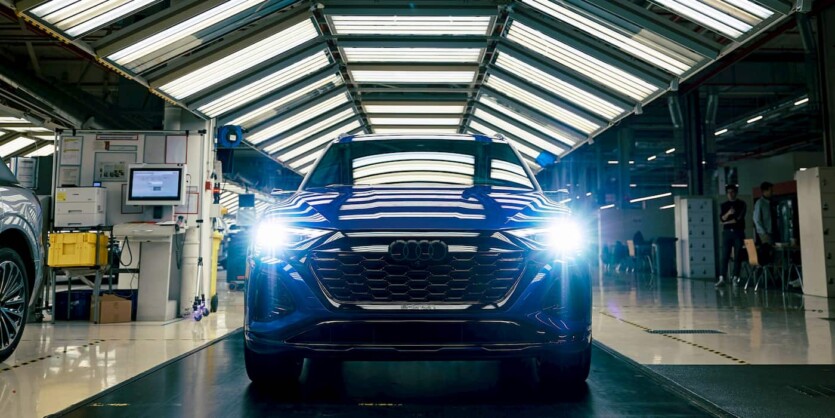
Volkswagen has announced a «Christmas miracle», introducing major changes to its German operations that will avoid immediate plant closures, layoffs or salary cuts. However, it is planned to cut about 35 thousand jobs in the near future, although the plants will continue to operate.
This week it became known that Volkswagen and union leaders reached an agreement after 70 hours of negotiations, five rounds of discussions and two large-scale strikes at the company’s German plants last month. These strikes were the largest in the company’s history, involving about 100,000 employees.
Volkswagen has agreed to keep 10 of its plants in Germany open and to renew job security agreements until 2030. However, employees agreed to certain concessions, including:
- Refusal of some bonuses;
- Reducing the number of permanent employees among interns;
- Reduction of production capacity at 5 plants, which will lead to a decrease in production by 700 thousand vehicles.
At the same time, Volkswagen plans to cut more than 35,000 jobs in Germany by 2030. But the company will do so, as stated, in a socially responsible manner «». These measures are aimed at saving about $4.2 billion annually in the medium term.
In addition to layoffs, VW managers will also face significant salary cuts in the coming years. As early as 2024, about 4,000 managers will give up bonuses equal to about 10% of their annual income. Their incomes will continue to decline gradually until the end of the decade.
However, the pay cuts do not apply to top managers, including CEO Oliver Blume. At the same time, the trade unions insist that the company’s senior management also receive a 10% pay cut.
These changes come at a time when VW is radically restructuring its business to cut costs, simplify production and development processes, and reduce development time for new projects. Volkswagen is also reviewing its electric vehicle sales model to remain competitive. The company has faced a significant decline in sales in China, its main market, and increased competition from Chinese manufacturers such as BYD, which are actively entering the European market.
Source: electrek

Spelling error report
The following text will be sent to our editors: